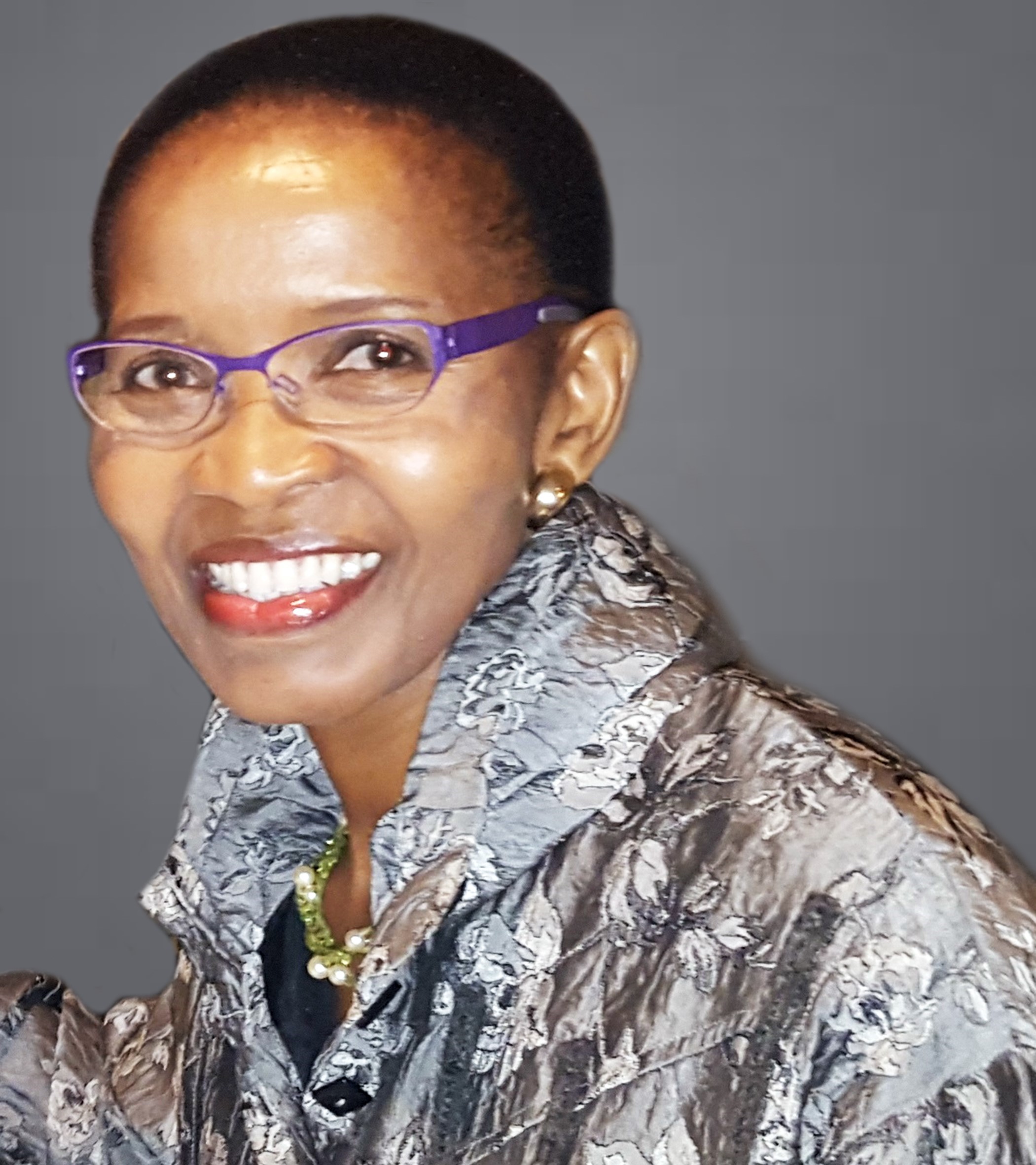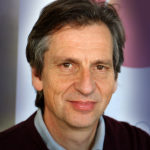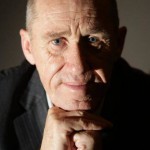Keynote Speakers
 Prof. Pumla Gobodo-Madikizela
Prof. Pumla Gobodo-Madikizela
*Professor and Research Chair for Historical Trauma and Transformation, Faculty of Arts and Social Sciences, Stellenbosch University, Stellenbosch, South Africa.
‘Witnessing Trauma: A Call to Reparative Humanism’
Drawing on the archive of the Truth and Reconciliation Commission of South Africa, this paper considers the aesthetic, emotional and narrative dimensions of victims’ trauma testimonies and explores how we think and write about trauma testimony in a way that opens up new interpretive domains in the field of historical trauma and its representation. First, I will focus on how body language and other forms of symbolic expression communicate a matrix of complex intersecting memories of traumatic loss in a way that reveals a deeper truth about the past that may not be articulable in verbal language. I will then discuss three different forms of responses to trauma testimony: communal responses, denial, and a visual arts illustration of a creative response to irreparable traumatic loss. In the final section of the paper I will argue that in the wake of massive loss and suffering,restoring human bonds among the wounded and the victimisers and their descendants involves a process of “repair”, engagement with what I have called “reparative work in humanism” rather than the more commonly held goals of forgiveness and reconciliation in order to build social solidarity and establish a foundation for a shared humanity.
Mind and life conversations with H.H. the Dalai Lama & Pumla Gobodo Madikizela
*https://www.eomega.org/workshops/teachers/pumla-gobodo-madikizela
Commented by
- Erna Hennicot-Schoepges, Honorary Minister of Culture, Higher Education and Research, Luxembourg
- Dr. Thierry Leterre, Dean Miami University Dolibois European Center, Luxembourg
- Prof. Dr. Rolf Tarrach, Honorary UL President, Luxembourg
Moderated by Dhiraj Sabharwal, Journalist Tageblatt, Luxembourg t.b.c.
______________________________________________________________________________
 Sander Tideman
Sander Tideman
Executive Director, Garrison Institute and Senior Research Associate, Business and Society, Rotterdam School of Management, Erasmus University, The Hague, Netherlands.
‘Sustainable Leadership – the Power of Shared Purpose‘
Sander Tideman has maintained a friendship with the Dalai Lama since he was a student of international law aged 23. While developing his career in law, finance, social enterprise and academia, the Dalai Lama continued to be a guide for his personal development, which guidance also greatly influenced his views on leadership and systems change. Sander will share his personal journey with you in his lecture, exploring the type of leadership that is needed for leaders to be be successful in the face of today’s social and environmental challenges. This leadership goes under a number of names: collective leadership, compassionate leadership, systemic leadership and sustainable leadership. We have chosen the last name: sustainable leadership. In a decade of research at various Universities and many case studies in business, government and civil society, we have distilled an integrative model for this leadership, which we call sustainable leadership. The work has been inspired by conversations with H.H. the Dalai Lama, who derived his views from Buddhist philosophy and practice. In that spirit, the model of sustainable leadership is both a theory and a practice which can be trained and cultivated, regardless of rank or hierarchy. It is unique because it integrates insights from both ancient wisdom traditions and cutting-edge insights from neuro-science, psychology and systems thinking.
S.G. Tideman (2016) Business as an Instrument for Societal Change – In Conversation with the Dalai Lama, Greenleaf
*www.garrisoninstitute-int.org
Commented by
- Tashi Phuntsok, Representative of H. H. the Dalai Lama at the EU, Brussels, Belgium
- H.E. Marc Bichler, Ambassador-at-Large for Human Rights and Climate Change at Ministry of Foreign and European Affairs, Luxembourg
- Jesper Mücke, Representative ‘Youth for Climate’, Luxembourg
Moderated by Prof. Dr. Wim Coudenys , KU Leuven, Belgium
______________________________________________________________________________
 Steve Killelea
Steve Killelea
Executive Chairman and Founder of the Institute for Economics and Peace (IEP), Australia
The ‘State of Peace’ in 2020
The presentation will cover the state of peace in 2020 as seen through the lens of the Global Peace Index. The presentation will also cover Positive Peace, which is the background conditions that create peaceful societies and how to derive Positive Peace through empirical analysis, mainly statistical analysis. The presentation will also cover examples of where Positive Peace is being used with reference to positive examples from the developing world.
Steve Killelea is an accomplished entrepreneur in high technology business development and at the forefront of philanthropic activities focused on sustainable development and peace. After successfully building two international software companies, Steve decided to dedicate most of his time and fortune to sustainable development and peace.
*http://economicsandpeace.org/
______________________________________________________________________________

